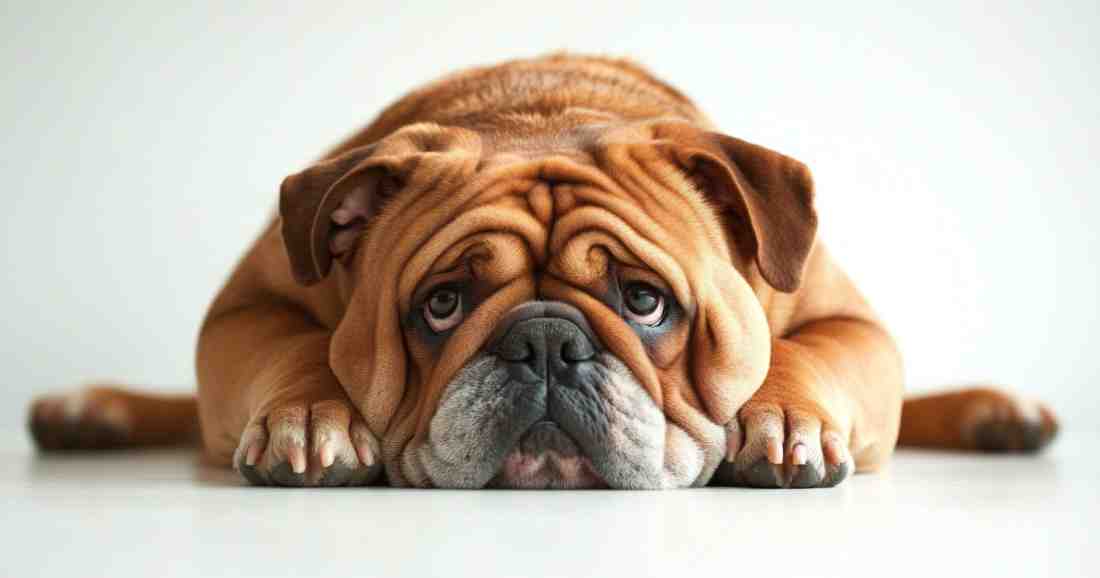
Assess your pup’s weight and wellness in the practical Is My Dog Fat Quiz, Find Out If Your Pup Is Higher weight! Have you noticed your dog slowing down, struggling to jump, or looking rounder than usual? The Is My Dog Fat Quiz helps determine whether your furry friend is higher weight and what steps you can take to improve their health. Canine obesity is a growing concern, leading to joint problems, heart disease, and a shorter lifespan. Understanding the causes, warning signs, and solutions can help keep your pup happy, active, and at a healthy weight.
Many factors contribute to weight gain in dogs, including:
- Overfeeding and excessive treats – Too many calories, even from treats, can lead to obesity.
- Lack of exercise – Dogs that don’t get enough physical activity struggle to burn off excess energy.
- Age-related metabolism changes – Older dogs may gain weight more easily due to slowed metabolism.
- Certain medical conditions – Hypothyroidism and other health issues can cause unexplained weight gain.
- Breed tendencies – Some breeds, such as Labradors and Pugs, are genetically more prone to obesity.
Signs That Your Dog Might Be higher weight
Not sure if your dog is higher weight? Some key indicators include:
- No visible waistline – A healthy dog should have an hourglass shape when viewed from above.
- Difficulty feeling the ribs – If you can’t easily feel their ribs under a thin layer of fat, they may be higher weight.
- Low energy levels – higher weight dogs often become less playful and tire more quickly.
- Labored breathing or excessive panting – Carrying extra weight can make physical activity harder.
- Struggling to jump or climb stairs – Extra weight puts strain on joints and mobility.
Is My Dog’s Weight a Serious Health Risk?
Carrying extra weight can lead to serious health problems over time. If your dog:
- Has gained weight rapidly,
- Struggles with movement or joint pain,
- Has been diagnosed with obesity-related health issues,
then it’s important to adjust their diet and exercise routine to prevent further complications.
How to Help Your Dog Reach a Healthy Weight
If your dog needs to slim down, small lifestyle changes can make a big difference. Try:
- Measuring food portions – Avoid free-feeding and stick to appropriate serving sizes.
- Reducing high-calorie treats – Swap fatty treats for healthier options like carrots or green beans.
- Increasing daily exercise – More walks, playtime, and interactive games help burn calories.
- Choosing a weight-management dog food – Some formulas are designed to support weight loss.
- Regular vet check-ups – Your veterinarian can help create a customized weight-loss plan.
Take the Is My Dog Fat Quiz Now!
Still unsure whether your dog is higher weight or just stocky? The Is My Dog Fat Quiz evaluates their body shape, eating habits, and activity levels to help you determine if they need a lifestyle change. Whether your pup is slightly chubby or at risk for obesity, this quiz will guide you toward the best steps for improving their health. Take the quiz now!
